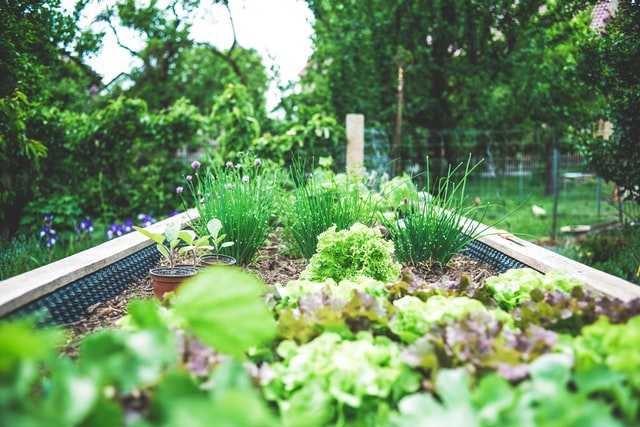WRAP research shows we throw away 6.6 million tonnes of household food
a year in the UK. Almost 4.5 million of this is food we could have eaten. Based on WRAP’s research, the wasted food we could have eaten would fill:
- 8 Wembley Stadiums
- 90 Royal Albert Halls
- 38 million wheelie bins (based on a standard 240l)
- 3,600 Olympic sized swimming pools
- 490,000 bin lorries
Quite shocking isn’t it!
The remaining totals are made up of waste from manufacturing and supermarkets. On this page, we focus on what we as individuals can do to reduce our own waste.
Not only can reducing your food waste help your wallet, it helps the environment since producing food uses water, land, energy, fuel, packaging, all of which have an impact on the environment.
How you can reduce your own waste?
Just making some simple changes can really make a difference. For instance, planning your meals means you are less likely to buy more than you need when you shop; learning about what food can be frozen; learning about the difference between ‘use by’ and ‘best by’ dates; using leftovers in other recipes; donating to a local food bank or composting. You can find out more about composting and download our composting guide here.
There are some great online resources available to help with the above. FareShare and Friends of the Earth are a good starting place.
Avoid waste, grow your own food
By growing your own food, you help the environment as there is no transport, production or packaging involved. Unless you are buying organic, you will also find that the food you grow is more nutritious and you can get more variety in your diet, packed with vitamins, minerals and antioxidants.
It is also a healthy and rewarding way of staying active outdoors and is proven to be good for your mental health. Nurturing something from a seed can be very rewarding and you can save on that shopping bill. Seeds are readily available and cheap. We could go on and on about the benefits!
Some people are put off growing their own food as they think they don’t have enough space or it is too difficult. These are myths! You really don’t need a lot of space to grow your own food and you do not need to have any gardening experience to start your own food plot.
If you are short on space, windowsill boxes are a great way to brighten up your view, filter the air coming into your home and offer plenty of space for herbs and small vegetable patches. Companion planting is a great organic way to protect your crops from pests, improves pollination of fruit and vegetables, therefore increasing yields (the amount of produce) and maximises growing space. A quick google search will bring up lots of guides on companion planting. To get you started, take a look at Permaculture.org.uk.
Square foot gardening is an easy method to try and, because you grow differently in each space, you shouldn’t have too much of one food, although you could give the excess away to friends, family or neighbours or failing that it can be added to your compost, so it does not go to waste.
This video explains square foot gardening in more detail.
You could rent or perhaps share an allotment with a friend or neighbour or, why not join a Community Garden. It just so happens if you live in or near Shipley in Derbyshire, you have your very own Shipley Woodside Community Garden!
If you have enjoyed this page, check out our other pages with steps you can take to reduce your waste.
